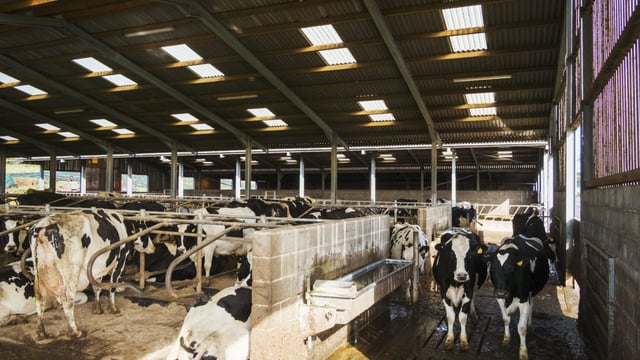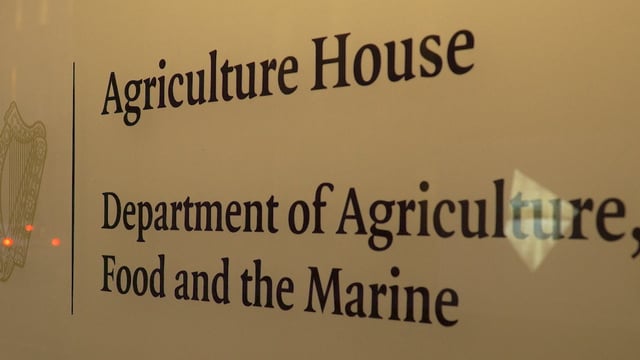Agroecology boosts biodiversity and climate resilience – researchers
A meta-analysis of 170 studies conducted across 21 European countries has found that shifting to agroecological farming practices reduces agriculture’s negative impacts on nature and contributes to biodiversity and climate mitigation.
The research, led by Horizon EU project Agroecology-TRANSECT and published in Agriculture, Ecosystems and Environment journal, brings together scientific evidence showing that agroecology, an ecological, sustainable and integrated approach to farming, consistently benefits ecosystems and contributes to climate mitigation.
Bertrand Dumont, scientific coordinator for Agroecology-TRANSECT said: “We now have key evidence that the benefits of agroecology are not a notion but a fact.
“The meta-analysis found that biodiversity increased under agroecological interventions compared to conventional farming methods.”
Environmental footprint
Key researcher Cian Blaix said: “We have been aware for several years that a shift to more sustainable systems is necessary across Europe, and agroecology has emerged as a viable alternative.
“Until now, a comprehensive scientific review of its environmental benefits was lacking.”
This new study combines data from arable, grassland, horticultural, and perennial production systems.
Biodoversity
The findings show that agroecological practices outperform conventional methods in supporting biodiversity, including plants, pollinators, insects, and soil organisms.
These benefits were consistent across most farming systems, with the exception of horticulture, where limited data suggests further research is needed.
Dumont said: “Agroecology prioritises reducing the inputs needed for production, so to use biodiversity and the supporting services it brings, for example in pest control and improved soil health, shows how we can enhance production in a more natural way."
Climate benefits
The study also found that agroecological practices enhance carbon storage in soils and reduce emissions of nitrous oxide, a potent greenhouse gas.
However, reductions in carbon dioxide and methane emissions at the field scale were not confirmed, indicating that agroecology alone may not be sufficient to meet all climate targets.
“The study shows that agroecology is definitely a positive step, but it must be part of a broader strategy designed to tackle all greenhouse gases," Dumont said.
“This evidence helps farmers and policymakers target measures that work for nature and productivity, from diversified rotations to hedgerows and cover crops.”











